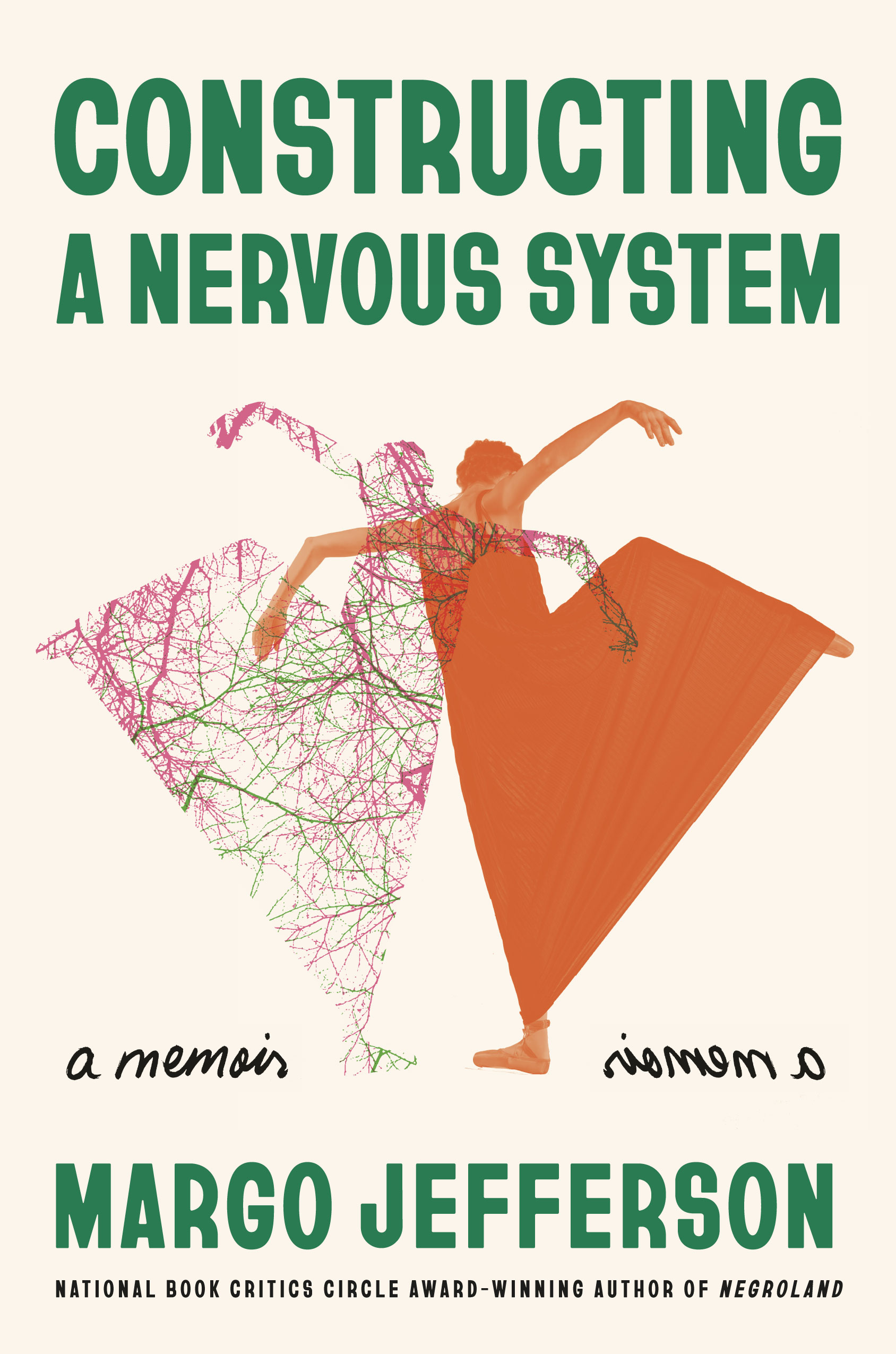“You haven’t earned your right to be tired yet, have you, Donkey?” This line, the conclusion to Margo Jefferson’s landmark Constructing a Nervous System (Pantheon), serves as a flash point for both the author and her book’s uniqueness. An imagining of what Jefferson’s late grandmother would’ve said to her had she been alive to witness this display—and there’s no way else to describe it: its intricate structure shimmers between its covers like an heirloom behind glass—serves as both an apology and a defense. The former acknowledges the weight placed on Black women, specifically Black grandmothers, to absorb relentless day-to-day drudgery so that their progeny can move high and their progeny can move even higher beyond what their forebears imagined. The latter shields this ideal from the feminist critique, which Jefferson heard at meetings she attended in the 1970s, that this labor was exploitative; for naught. To a Black person, the work of one’s elders cannot be dismissed as a cog in the machine. The pathos arises from Jefferson’s knowledge that to be wary of this arrangement isn’t wrong, but that, paradoxically, it is wasteful to jettison that effort in the name of purity. The bulk of Nervous System’s narrative tension arises from this negotiation between social critique and the protection of legacy.
Of course, progressive-leaning politics butting up against tradition is a classic revelation—one that reeks of primness when aimed at others. Because Jefferson is conscientious, she picks herself apart instead. Her relationships with her family members, sure, but more specifically the artists and thinkers who inform her life in startling and unexpected ways. Hers is one of the most eclectic canons in recent memory. Willa Cather, Bing Crosby, W. E. B. Du Bois, George Eliot, Ella Fitzgerald, Bud Powell, Ike Turner: each is justified on their own merits, pernicious or not, while establishing themselves as emotional touchpoints or intellectual conundrums. Some, like Crosby and Turner, emerge as permissions, coercing an iconoclasm in Jefferson in spite of herself. Others, like Cather, arrive as labyrinthine feats within the status quo. How does Jefferson teach a writer so transparently racist without being pitied as a casualty of institutional racism by her white students? Through all this, asides and refrains proliferate, assuring that the personal as political levitates amid the author’s unabashed self-dramatization.
Thematically, agency and self-determination dominate—this work is hers, not yours—so much so that deconstructing it leaves readers with a pile of pristine parts that fit together to achieve its function but cannot possibly be repurposed by other practitioners. The space this creates for other Black writers to risk idiosyncrasy cannot be overstated. A memoir in the profoundest sense, Jefferson has moved the genre forward by treating her own consciousness with the rigor of a cultural critique. One of our greatest living writers proves yet again that the noblest subject to take on may very well be an investigation of the self.



